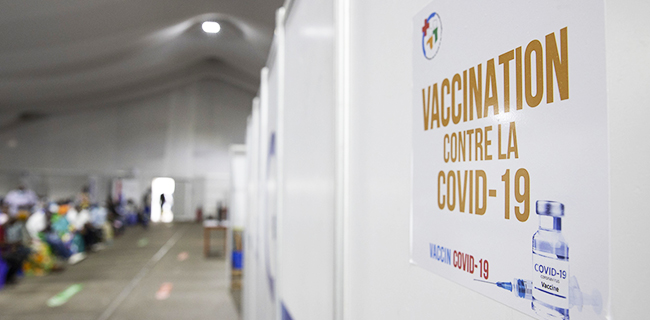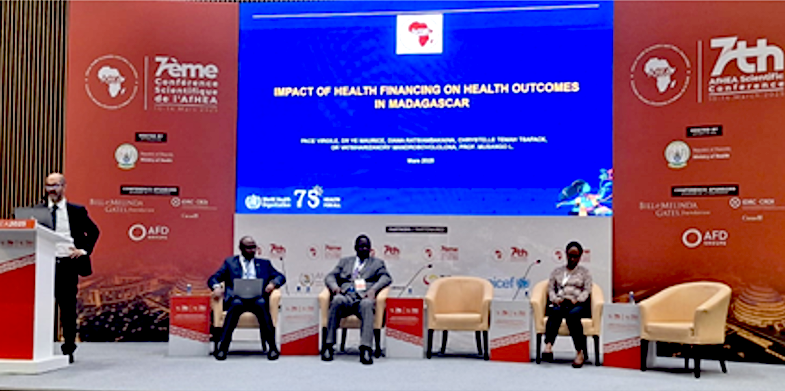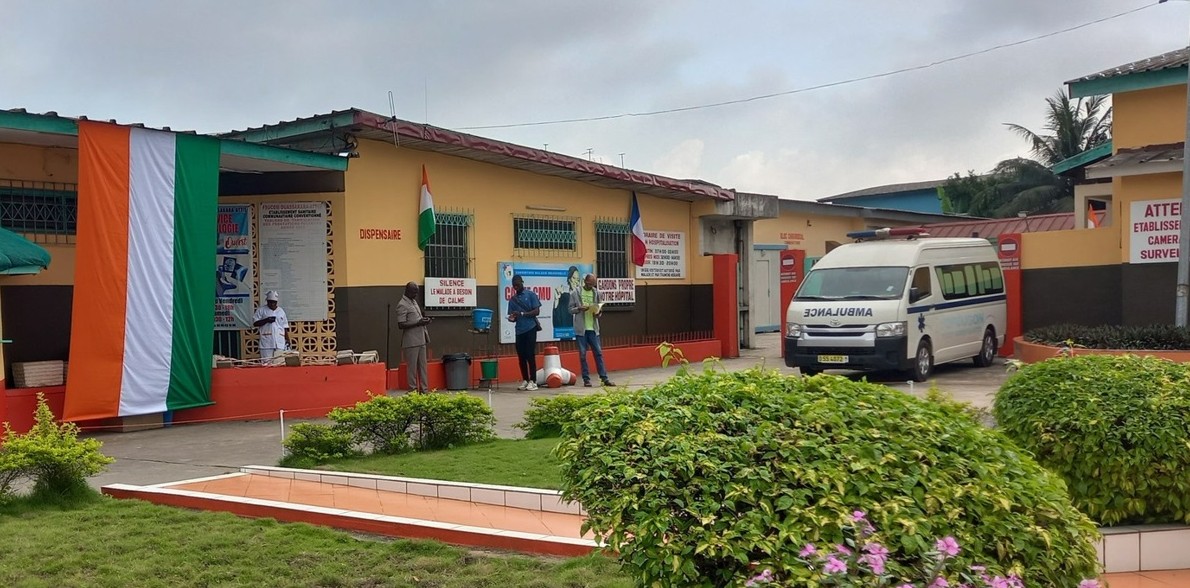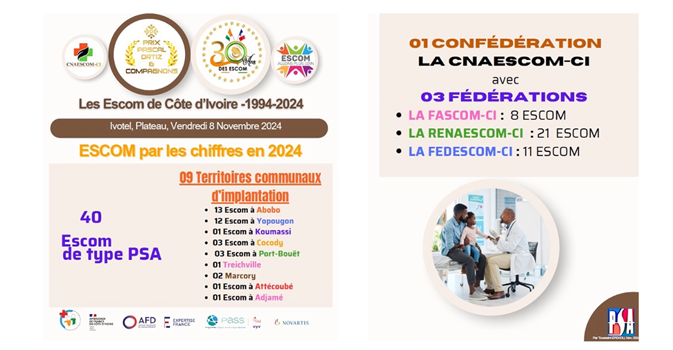Universal health coverage in Côte d'Ivoire: caught between ambitions and challenges
Universal health coverage (UHC) is on Côte d’Ivoire’s political agenda. It is an integral part of the country’s economic and social ambitions. The objectives of ensuring that every Ivorian citizen has access to quality and affordable care and building an efficient and equitable health system, have always been a major concern of the government. After many initiatives, a major political and social advance was made in 2014 with the adoption of the law establishing UHC in Côte d’Ivoire.
Advancing UHC now benefits from an extensive legal and regulatory framework and complements the health risk coverage landscape where various voluntary and mandatory mechanisms already exist. However, many challenges persist.
Challenges
The challenges for more sustainable health financing and achieving UHC include these:
- Improving the efficiency of health financing through equitable allocation by level of care based on service utilization rates. Primary contact health facilities and referral hospitals need to receive more financial resources than tertiary level facilities.
- Removing bottlenecks in the care pathway of users and supporting the government to implement institutional and regulatory reforms to improve the governance and sustainability of UHC.
- Institutionalizing and extending strategic procurement to:
- tertiary-level hospitals, with a focus on quality
- central directorates
- private primary health facilities
- pharmaceutical supply chain management staff
Caution is required in streamlining procedures so as to avoid compromising the functioning of the health system. It will also be helpful to draw on lessons and good practices from the experiences of other countries.
- Revising the National Health Financing Strategy for UHC to integrate ongoing reform harmonization initiatives as well as activities planned under the National Health Financing Coordination Platform (PNCFS).
- Mobilizing more public resources for health by various means: diversifying revenue streams, ensuring that commitments made at the national and international levels on budgets for health are met, taking steps to make programme budgeting (also called programme-based budgeting) for health in Côte d’Ivoire fully operational. The PNCFS, set up by the prime minister and placed under the vice presidency of the minister of health could be an excellent platform for dialogue between partners and the government for more harmonized funding of national health priorities.






